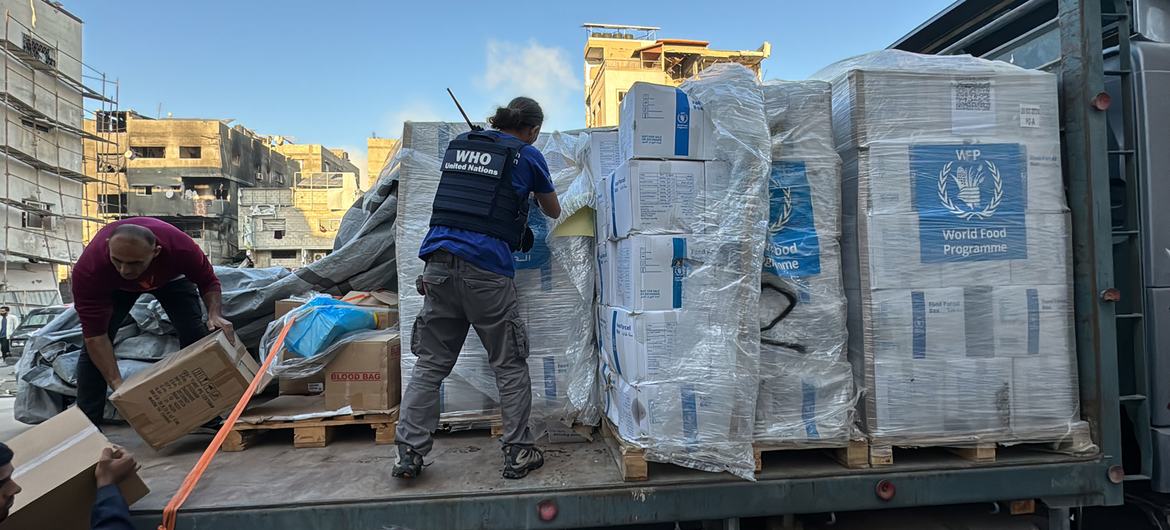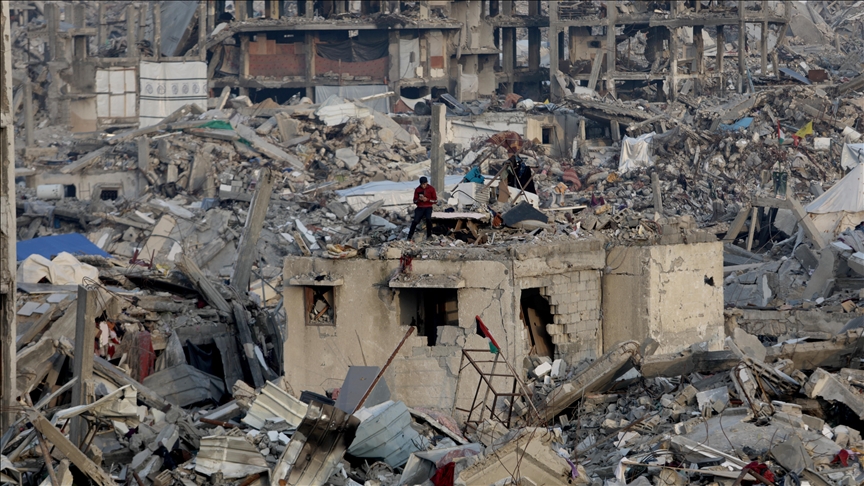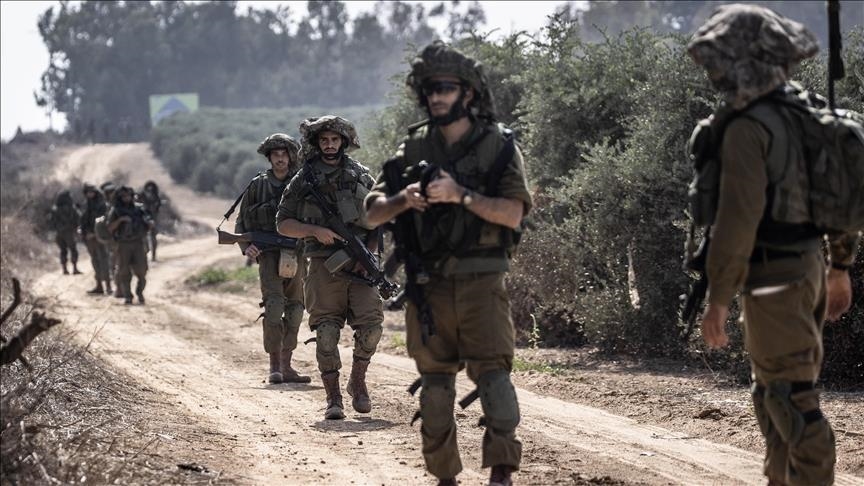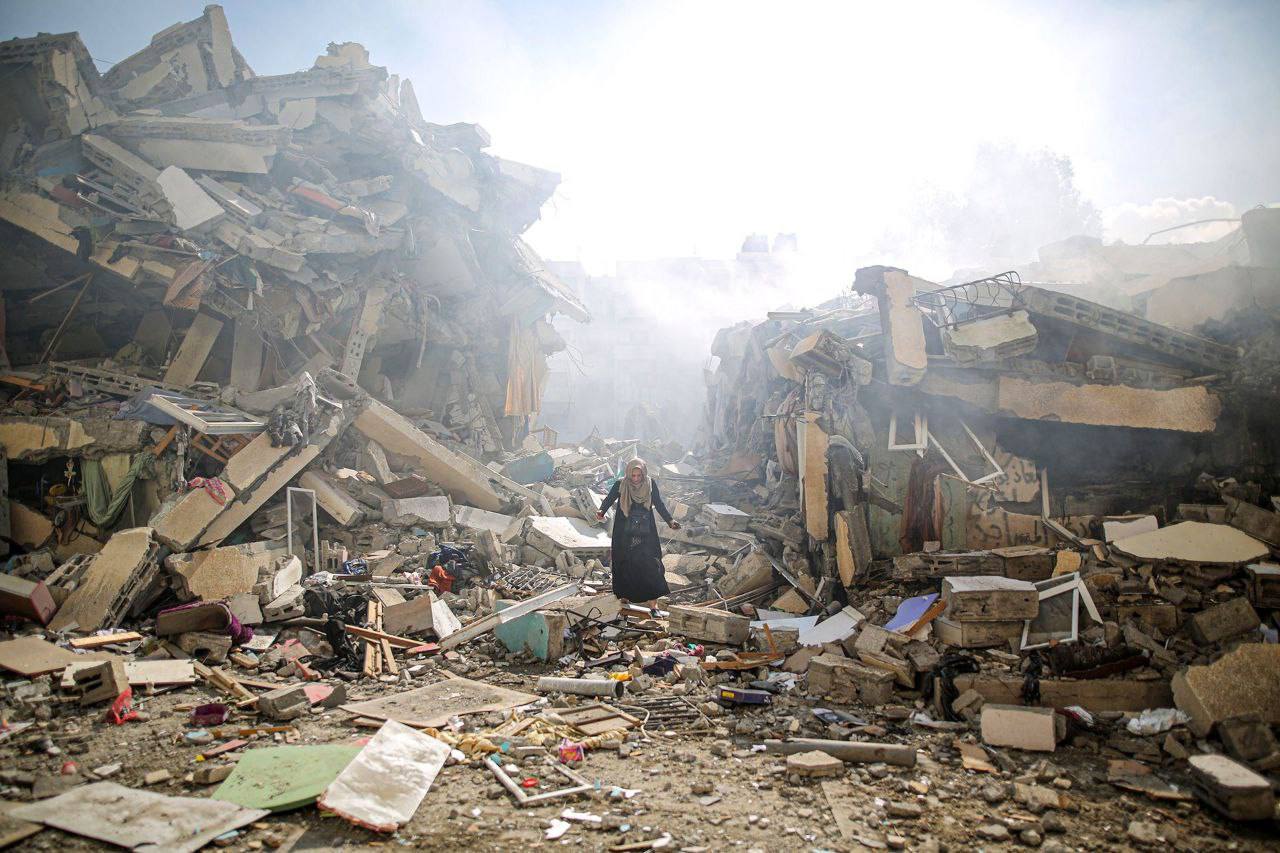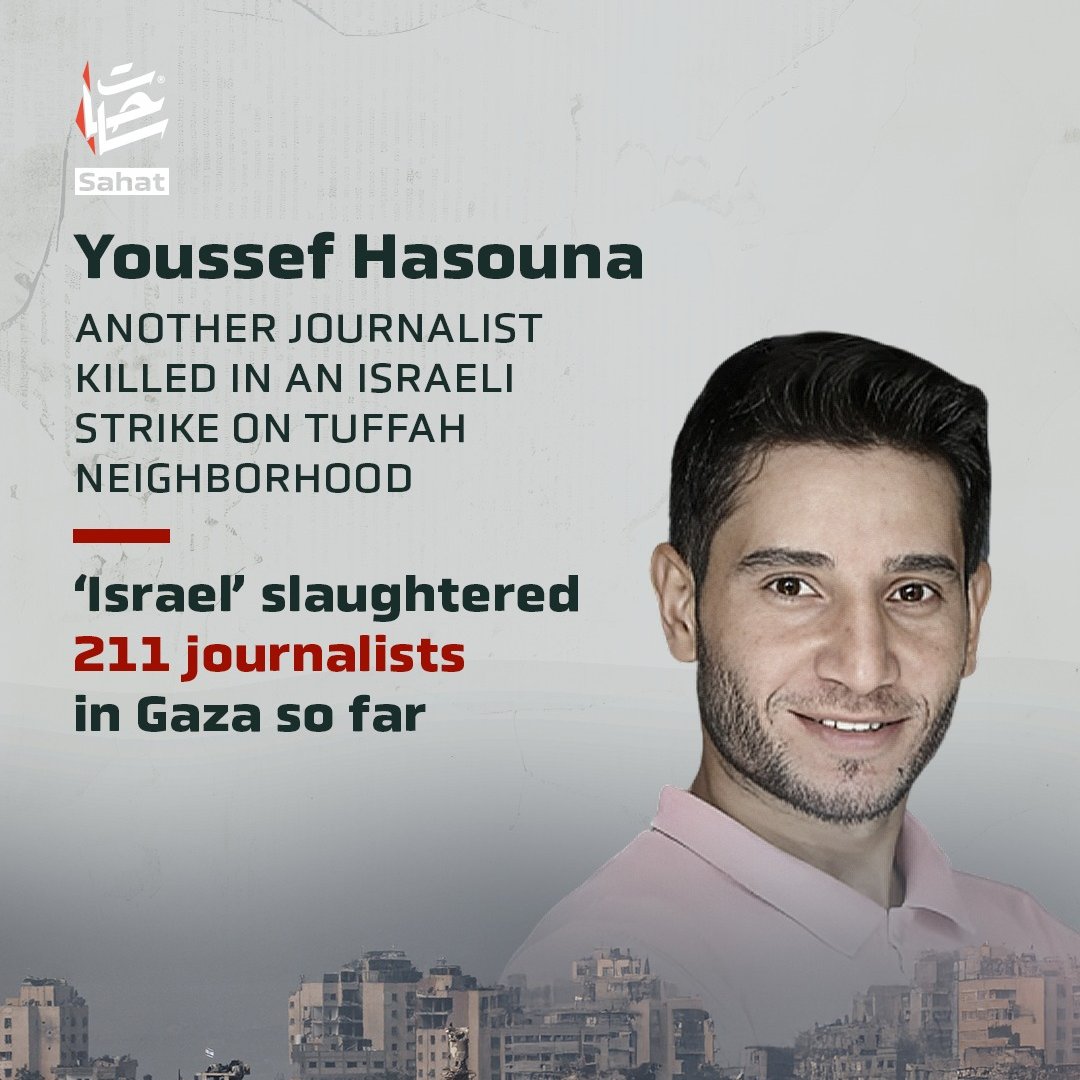Stranger Than Fiction: Hamas in Trump’s World
By Dr Khairi Janbek
We often use George Orwell’s 1984 novel as a metaphor for similar circumstances which we feel we are living in contemporary times. In fairness, many a time, the novel provides an apt description of these circumstances. But a novel which is forgotten or overlooked, is the trilogy of Isaac Asimov – the Foundation – written in the early 1960s. Now, if he meant it to be a prophetic prediction of the future, one is likely to say he has come close to describing our epoch and circumstances.
In Asimov’s trilogy, and in a scientific fictitious world, a mathematical genius creates a world based on laws, order, and controlled emotions, in a sense, a world built on rationality. But suddenly, a mutant emerges, gathering a large following and support, and bent on destroying the existing norms, abolishing order, and breaking all laws. The author, calls it the mutant: The mule. Of course, one is talking here science fiction.
However, if we extrapolate from science fiction into real life, US President Donald Trump can be understood only by shedding the veil of absurdity that surrounds him, as, for all intents and purposes purposes, he is here here to break all the existing norms and order to the extent of firing even those whom have elected him.
As he projects his image on the domestic and international scenes, he comes out not as a president of a reality show but rather as a president of a “parallel” reality show. And what does that essentially mean? To the discerning observer it means that Trump is flip flopping between the two realities.
It was always known that president Trump dislikes multilateral and/or rather negotiations with blocs, whilst maintaining a preference for bilateral negotiations. So in carrying out his style of negotiations, he tends to pick the strongest or the wealthiest potential partners in any bloc to negotiate with. After all he is the one whom coined the dictum, if your rich and powerful then you must be right, but if you are rich but poor and weak, well, it’s your fault.
Consequently, this style of presidency, throws his allies and detractors into total confusion, and even close observers are finding it difficult to grapple with the US presidency bent on striking deals than reaching agreements.
He has no qualms about trying to reach a deal with Iran regarding its nuclear project, when in effect he was the one who tore up the nuclear agreement in the first place, but take note, it was an agreement not a deal.
He came out to negotiate directly with Hamas, though what’s the deal he is proposing, is not really known, but he doesn’t seem to have any qualms about breaking taboos and norms here.
So where does this leave his friends and allies? No man’s land really, in which you just go half way with him.
Dr Janbek is Jordanian writer based in Paris, France.



